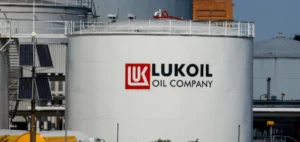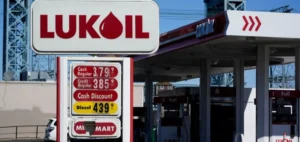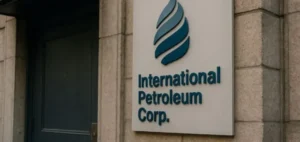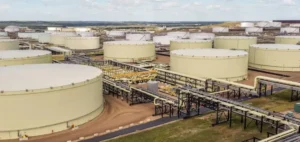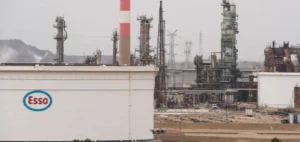Former Nigerian Minister of State for Petroleum, Timipre Sylva, is the subject of an arrest warrant issued by the Federal High Court in Lagos. The former Governor of Bayelsa State is accused of being involved in a scheme of “conspiracy and dishonest conversion” of $14.86mn, allocated for the construction of a modular refinery in the Niger Delta. The funds had been provided by the Nigerian Content Development and Monitoring Board (NCDMB), a public body promoting local content in the oil industry.
A phantom oil project
The refinery, intended to boost Nigeria’s domestic refining capacity, was never built despite the funding already disbursed. This led the Economic and Financial Crimes Commission (EFCC) to issue a nationwide wanted notice, urging the public to report any information on Sylva’s whereabouts. The case coincides with another parliamentary investigation into the alleged mismanagement of $35mn related to the same stalled project.
This case adds to a long list of corruption scandals linked to Nigeria’s oil sector, the country’s primary revenue source. It echoes the case of Diezani Alison-Madueke, former Petroleum Minister under President Goodluck Jonathan, accused of facilitating fraudulent deals in exchange for contract advantages.
Diverted funds, seized assets
In January 2025, the United States reached an agreement with Nigeria to return $52.88mn in assets confiscated from Alison-Madueke. These funds originated from bribes paid by investors between 2011 and 2015 in exchange for oil contracts. A large portion of the money was laundered in the US, including in luxury real estate in New York and California, as well as other high-end assets.
Of the repatriated funds, $50mn will be redirected towards an electrification project supervised by the World Bank, while the remainder will support judicial and security programmes. In November 2022, US authorities had also returned $23mn stolen under former leader Sani Abacha, following a previous $311.8mn restitution in 2019.
Governance under pressure
The arrest warrant targeting Timipre Sylva comes amid mounting pressure for financial transparency in the oil industry. Despite ongoing regulatory reforms, the sector remains plagued by sophisticated embezzlement schemes often involving top political figures. The involvement of a former minister in a scandal of this scale highlights the persistence of systemic challenges.
“It is imperative that accountability be enforced at all levels, especially in such a strategic sector as oil,” said a senior official from the anti-corruption commission, without commenting further on the ongoing case.







